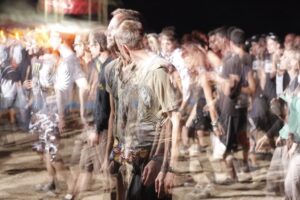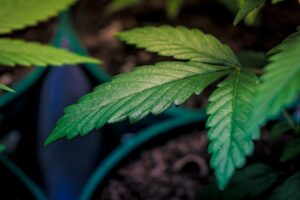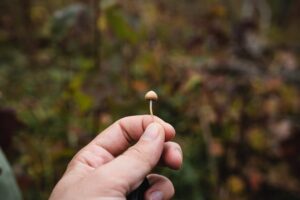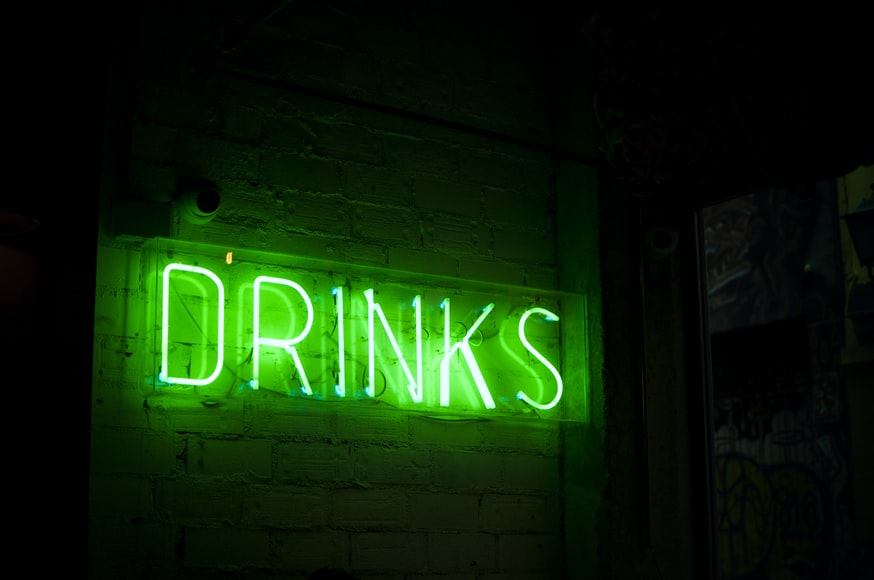People use drugs for several reasons because they want to feel good, perform better, feed their curiosity, or fit in their social circle.
One of the common substances used today is hallucinogenic drugs. Historically, psychoactive plants are consumed as part of religious rituals in many cultures. It aims to achieve spiritual healing and allow communication with a spirit world.
However, lately, people have been using these drugs for recreational purposes. In like manner, they also believe that it helps them release stress and have an enlightened sense of being.

Hallucinogenic Drugs Defined
Hallucinogens, also referred to as “psychedelic drugs,” can change a user’s perception of reality. Therefore, it makes you see, feel, and hear things that seem real but are not—distorting your interpretation of what’s going on around you.
These drugs can be found in some plants, such as peyote cactus and certain mushrooms, but they can also be synthetically manufactured.
There are two classifications, namely classic hallucinogens and dissociative drugs. The former causes one to hallucinate, while the latter alters a person’s state of mind and mood without causing them hallucinations.
How Do Hallucinogens Work?
Experts explain that classic hallucinogens work by briefly interrupting communication between brain chemical systems. It blocks the activity of serotonin, a brain neurotransmitter that regulates emotions, sensory perception, sleep, hunger, body temperature, sexual performance, and intestinal muscle control.
On the other hand, dissociative drugs inhibit the action of the brain chemical, glutamate, that controls one’s sensitivity to pain, responses to the environment, emotions, as well as learning and memory.
How Do Hallucinogens Affect the Brain and Body?
Each drug produces a different effect. It generally depends on the type of substance used, the strength of the dose, and the current state of the person taking them. Below are some short-term and long-term effects of hallucinogenic drugs, such as:
Long-term
- Increased heart rate and body temperature
- Enlarged pupils
- A trance-like state or mixed senses
- A feeling of euphoria or “high”
- Restlessness
- Nausea and vomiting
- Hallucinations
- Stomach cramps
- Disorientation
- Tiredness, dizziness, and amnesia
- Anxiety, panic attacks, fear, or terror (a “bad trip”)
- Loss of consciousness
- Paranoia and psychosis
- Poisoning
- Flashbacks
- Dependence
- Depression
- Anxiety and panic attacks
- Memory loss
- Personality changes
Are hallucinogens clinically useful drugs? According to the United States Drug Enforcement Administration (DEA), most hallucinogens are classified as Schedule I controlled substances. Hence, they have no known medicinal purpose and are subject to abuse. Also, it results in physical or psychological dependence.
Psychological dependence happens when the user experience unusual things, specifically:
- feels the urge to take the drug more frequently
- goes through the extremes to get ahold of the drug
- starts dodging responsibilities
- continues to take the drug despite its severe consequences
Users can also overdose on hallucinogenic drugs when consuming high amounts. The fact that this drug causes a person to experience a profound alteration of perception and mood poses the risk of serious harm, such as:
- Doing things that otherwise would never be done in real life
- Life-threatening symptoms
- Accidental poisoning
- Death
What Are The Types Of Hallucinogens?
Ayahuasca
Also known as hoasca, aya, and yage, this substance is consumed like tea. It is brewed from plants with a powerful hallucinogenic chemical called N,N-Dimethyltryptamine (DMT). Due to its psychoactive ingredients, drinking it can transform your level of mindfulness.
DMT
N,N-Dimethyltryptamine is a natural chemical in certain Amazonian plant species. It comes in a crystalline powder form, and people vaporize or smoke it.
LSD
Unlike Ayahuasca and DMT, D-lysergic acid diethylamide (LSD) is a synthetic chemical. It is considered the most potent hallucinogen, as it can trigger hallucinations and changes in moods.
LSD solutions are often taken orally. They come in dried gelatin sheets, pieces of blotting paper, sugar cubes, tablets, and capsules.
Marijuana

With delta-9 tetrahydrocannabinol as its active ingredient, marijuana influences its users’ learning, memory, appetite, coordination, and pleasure. It releases a chemical called dopamine to give you euphoric feelings. However, when taken in high doses, it can cause you to lose touch with reality. In addition, it is a recreational and as a medicinal substance.
Mescaline
This natural element is extracted from small cactus called peyote and in some members of the Fabaceae (bean family). Natives of Northern Mexico and the Southwestern United States often use it in their religious rituals and ceremonies. Users dry out the plant’s disc-shaped buttons before they chew it. Also, some people prefer to soak it in liquid to make an intoxicating drink.
PCP
Specialists initially developed PCP as an anesthetic. However, experts stopped using it on humans as they discovered some of its adverse side effects. It also comes in a white power or liquid form, and users usually snort, smoke, inject, or swallow it. Consequently, in the same way, it causes hallucinations and extreme sensations in their body. When taken in large doses, users may experience life-threatening health risks and severe mental health problems.
Psilocybin

Psilocybin is a hallucinogenic chemical present in certain types of dried or fresh mushrooms. You can mix this with food or brewed for drinking. The effects of psilocybin normally begin within 30 minutes of ingestion and last for 4–6 hours. Changes in sensory perception and thinking patterns can persist for several days in some users.
Why are Hallucinogens Illegal?
Hallucinogens are considered to be illicit because they are addictive. As we’ve mentioned earlier, it has a high risk for abuse, and it doesn’t have any medical use.
Users who take this substance regularly often feel the need to ingest even higher dosages to get the same level of “high”. This practice, however, is risky because as the dose grows, the chances of the user having a “bad trip” and side effects increase.
So, if you cannot stop taking drugs on your own, it is advisable to undergo rehab to get the support you need.
Drug Test for Hallucinogens
There are several tests currently used to detect hallucinogens. For instance, immunoassay analysis of abused hallucinogens can detect the main ingredients of marijuana.
Meanwhile, thin layer chromatography (TLC) is able to detect higher concentrations of 1-nor-delta-9-tetrahydrocannabinol-9-carboxylic acid (THC-COOH), tropane alkaloids (atropine and scopolamine), and ketamine (synthetic hallucinogen) in urine.
Other centers also offer a variety of tests that cover a wide range of hallucinogenic drugs. This allows specialists to detect misuse of substances.

In some instances, people rely on drugs to get through their day and escape their problems. While not all hallucinogens drugs are addictive, using them over time can result in health problems. Hence, seeking treatment is necessary to manage your dependence on the said substance.
If you or a loved one is struggling with drug addiction, Buena Vista Recovery offers substance abuse treatment therapy. We provide personalized care and guidance to our patients so they can safely reintegrate into the community. Our compassionate team of addiction therapists and clinicians will help you tackle and overcome your struggles with substance abuse.
We’re here to listen. So, if you’re ready to reach out, you may contact Buena Vista Health and Recovery Center at 800-922-0095 or visit our locations.
CAVE CREEK
(623) 323-1970
29858 N. Tatum Blvd.
Cave Creek, AZ 85331
CHANDLER
(480) 680-0606
3033 South Arizona Avenue
Chandler, Arizona 85248
TUCSON
(520) 436-7860
5151 East Pima Road
Tucson, Arizona 85712
SCOTTSDALE
(623) 323-7986
8171 E Indian Bend Rd
Scottsdale, AZ 85250





